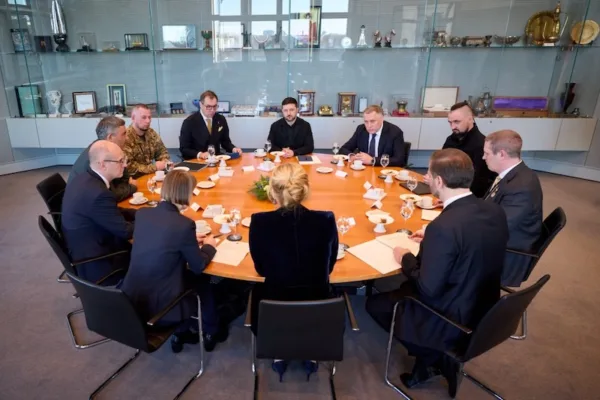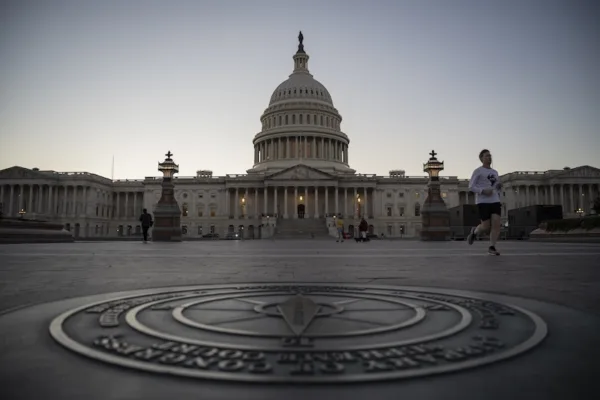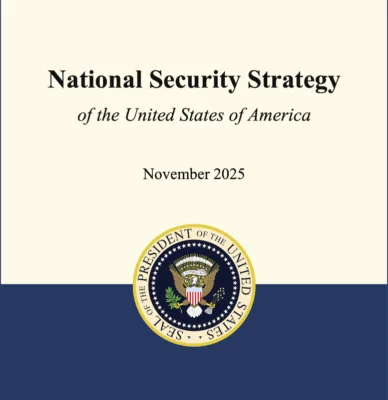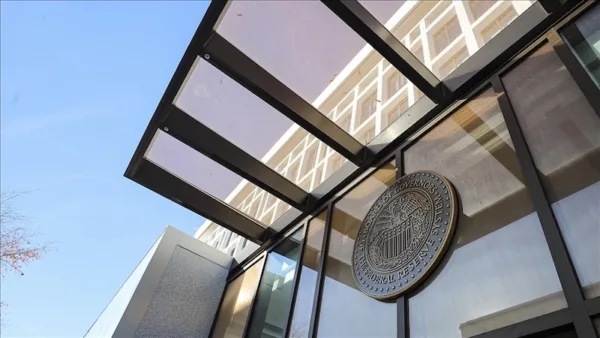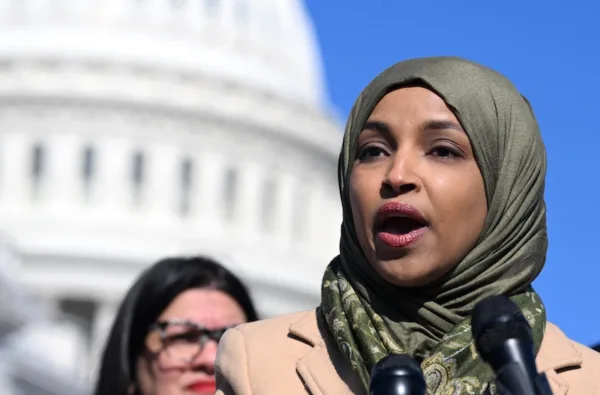In Turkey, everybody’s prepping for the 2019 election
On April 16, the Turkish people voted in favor of adopting a presidential system of government. Moving forward, the country will focus on the 2019 presidential election – after which the constitutional changes will come into effect.
The first step in Turkey’s transition to presidentialism was the defeat of last summer’s coup attempt and the crackdown on the Gülenist Terror Group (FETÖ) networks. Capitalizing on the sense of unity in the political arena, Parliament passed a constitutional reform bill that was put to a vote earlier this month. The referendum itself marked the end of the second phase. When the 2019 presidential race ends, the third and final stage will have been completed.
To be clear, all major political movements in Turkey have already started planning for the 2019 election. In recent weeks, the Republican People’s Party (CHP) Chairman Kemal Kılıçdaroğlu has repeatedly talked about unstamped ballots and accused parliamentarians last weekend of “selling out the national will” to prepare himself and the main opposition party for the next campaign. To be clear, Mr. Kılıçdaroğlu was able to keep his seat thanks to a relatively strong performance by the “no” campaign but the ultimate challenge will be to figure out how they can beat President Recep Tayyip Erdoğan in 2019. At the same time, he will have to keep his party’s Alevi base away from radicalism.
Over the next few months, President Erdoğan will continue to make his mark on the ruling party and the opposition alike. Having carefully avoided frontal attacks against Mr. Erdoğan on the campaign trail, the CHP leadership could go back to their old ways and reclaim anti-Erdoğanism. Likewise, the international media will remain hostile toward the Turkish leader and adopt new terms, such as”Islamist dictatorship” to target him. Ironically, the main opposition party’s potential return to anti-Erdoğanism will present them with a dilemma: If they go back to identity politics, they could consolidate the CHP base. But they will need to reach out to urban conservatives in order to win the majority of the votes in the 2019 presidential race. Meanwhile, the Peoples’ Democratic Party (HDP) won’t be able to make a move until the PKK-the People’s Protection Units’s (YPG) future in Syria and Iraq becomes clearer and they can distance themselves from the terrorists.
Meanwhile, the Justice and Development Party (AK Party) and the Nationalist Movement Party (MHP) will adapt to post-referendum changes. Admittedly, the adaptation process will be more difficult for the MHP, whose chairman, Devlet Bahçeli, will continue to work closely with the government in order to consolidate his rule and keep the intra-party opposition at bay. In order to accomplish his goals, Mr. Bahçeli needs to play an active role during the transition – which he acknowledged by announcing that the MHP leadership was working on new legislation. Moreover, he will have to fight the dissidents from his own party, who were partially successful in channeling the MHP vote to the “no” campaign. If they don’t want the secular nationalists in metropolitan areas and across the shores to side with the CHP, they will need to step up.
Finally, the AK Party needs to manage the sociological changes within its social base. In particular, the return of AK Party founder Recep Tayyip Erdoğan to his party will end a period of flux that had begun in August 2014. With their charismatic leader back in charge, the AK Party could mobilize and seize new opportunities. At the same time, the party will be able to take stock, find new talent and explore new ways of communicating and policy-making. Moving forward, the movement will need to turn the critiques of party elites and the base into a reformist agenda. If the AK Party can understand the new system’s effects on voter behavior and reflect on their 15 years at the helm, they could win the 2019 race quite easily.
This article was first published in Daily Sabah on April 28, 2017.



